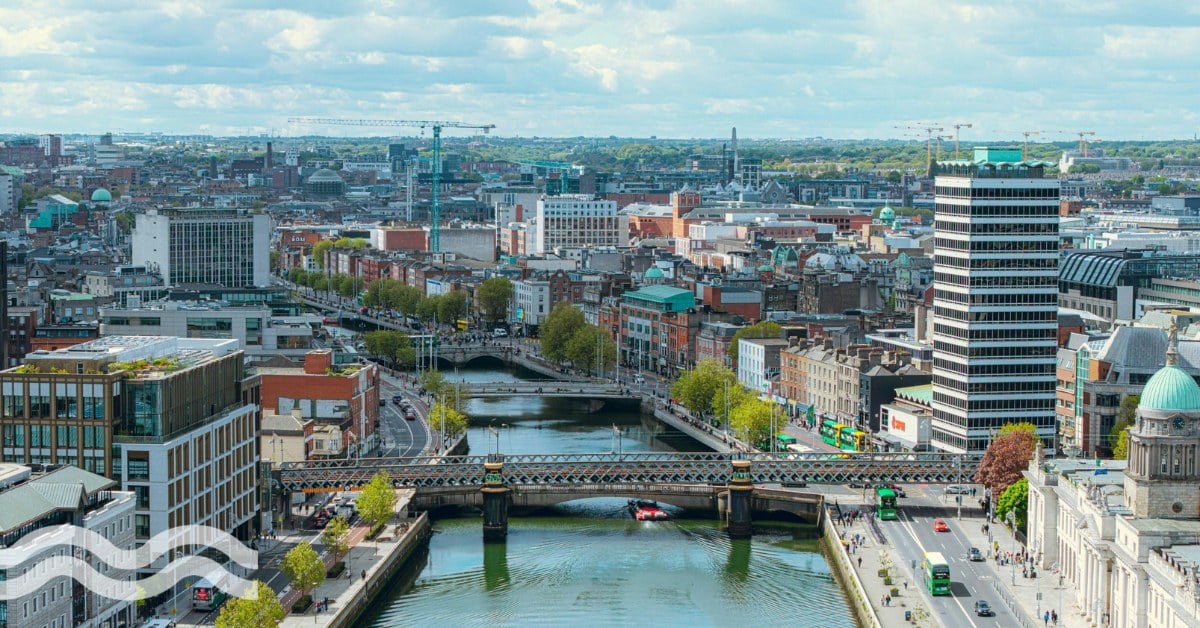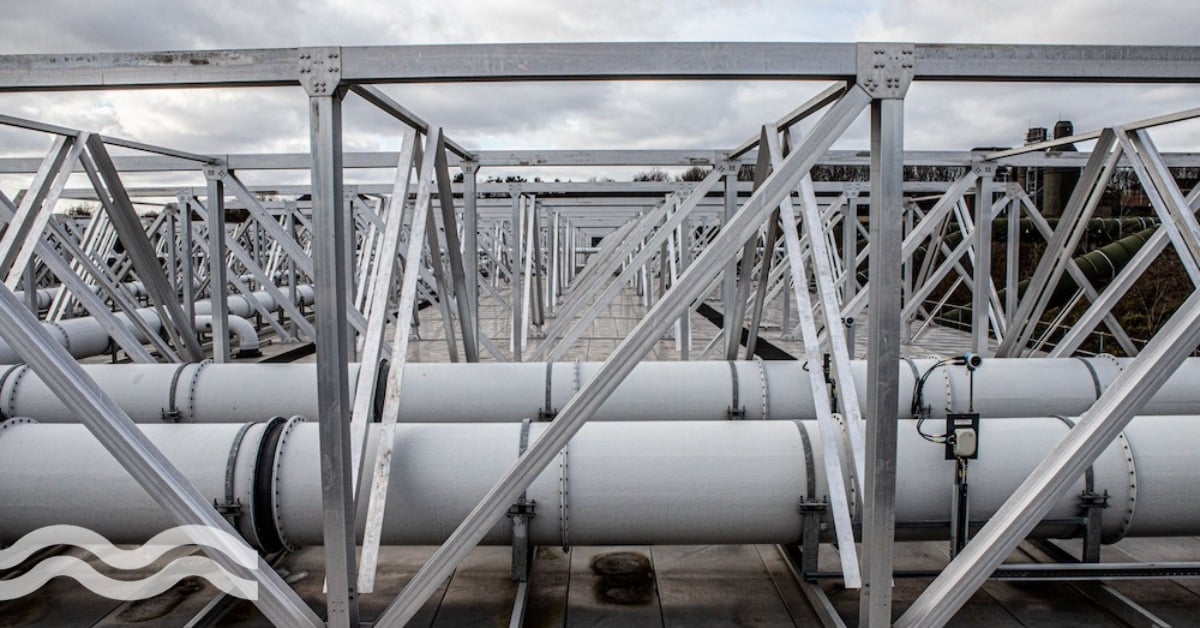VIDEO: Digital Twins in water – what have we learned?

Transforming data into value
The water and wastewater treatment sector is lagging behind others in its adoption of new digital solutions such as a digital twin methodology.
Furthermore, while the benefits of a digitally-enabled water business are well recognised, few have wholly embedded digital at the heart of their businesses.
These are two of the key conclusions to emerge from the Smart Water Networks Forum (SWAN) third workshop for its Digital Twin Work Group.
"The water business is by nature more traditional, so it's not at the forefront of digitisation, but over the last five years they have started catching up quite quickly,” said Richard Vestner, senior director digital solutions for Digital Cities at Bentley Systems.
“The water industry now understands that data can be transformed into real value.”
Realising the Digital Twin
An integrated digital representation of physical assets, digital twins do not only model the physical systems of pipes, pumps, valves and tanks.
In addition, digital twins include historical data sets such as weather records and real-time dynamic interactions, which allow them to be used for multiple analyses.
By combining operational technology with information technology, digital twins allow users to create simulations and optimisations that can improve performance.
Crucially though, accurate modelling of multiple scenarios can be executed virtually to test their effectiveness before changes are implemented in the physical asset base.
Speaking to Aquatech Online, Vestner adds: “Although the water business is driven by the long-term nature of its asset investments, the industry is becoming much more focused on operations. That’s where all the digital technology can help reduce operational expenditure.”
However, one size or type of digital twin does not necessarily fit all, and the heterogeneous nature of the water and wastewater treatment sector provides an excellent example of a diverse industry with very different needs.
“Digital twins allow users to create simulations and optimisations that can improve performance.”
Costs savings at Anglian Water
One of the topics featured in the workshop included ‘Lessons Learned and Way Forward’.
Participants focused on the objectives of the digital transformation to address the main operational challenges in a water enterprise.
Having determined the purpose of a digital twin, the available system information must be analysed and augmented if required. And, data must be integrated and arranged to allow appropriate analysis.
Furthermore, user interfaces must be suitable, and it must also be possible to adjust the physical assets based on the outcomes of digital twin modelling.
One example cited was Anglian Water’s implementation of an advanced analytics capability through a Digital ‘Business’ Twin.
Modelling identified that significant cost savings could be realised by implementing an intelligent data-driven production planning approach to the operation of a complex network of wastewater assets.
Participants heard that within a year of implementation, better business planning created operational savings of £2 million annually and a return on investment of less than six months.
Gigi Karmous-Edwards, president of Karmous-Edwards Consulting, led the workshop.
Speaking to Aquatech Online, she said: “I truly believe that every single water utility in the world needs to work towards a digital twin. It’s the only way we are going to be able to get the kind of system-wide holistic insights that we need to improve efficiency and thus help to solve the global water crisis.”
Vision and mindset
Ultimately, the water industry must embrace this digital transformation by realising it goes beyond investments into the hardware and software.
“All water companies say they are engaging with digital services, but sometimes they mean different things,” adds Vestner.
“To change strategy and adopt digital, we need real vision. We need to enable the workforce.
“Digital transformation is a change in your approach and mindset..that’s a long-term thing.”
“The digital transformation is not simply achieved by buying an application; it is a change in your approach and mindset, which requires a different approach to operations and an open, connected data environment. That’s a long-term thing.”
Nonetheless, even in the water industry, digital transformation is underway.
As Karmous-Edwards says: “So many utilities are starting to embrace digital twins. We have a long way to go, there's a lot to unbox in this technology, but more and more people are starting to get it."
She adds that the collaborative nature of the SWAN Digital Twin Working group is designed to support that process by bringing awareness to the water sector about digital twins and increase the adoption rate globally by developing best practices.
Vestner concludes: "There are some excellent examples of early adopters going fully into digital globally, but still we are talking about the minority today, and so there is lots of potential.
“More and more, you will see the water sector using these technologies going forward. There is a need, and there are demand and interest. Like an avalanche, it starts small but as it gets bigger more and more join."
Share your water technology stories with us
Do you have an innovation, research results or an other interesting topic you would like to share with the international water technology industry? The Aquatech website and social media channels are a great platform to showcase your stories!
Please contact our Sr Brand Marketing Manager Annelie Koomen.
Are you an Aquatech exhibitor?
Make sure you add your latest press releases to your Company Profile in the Exhibitor Portal for free exposure.


